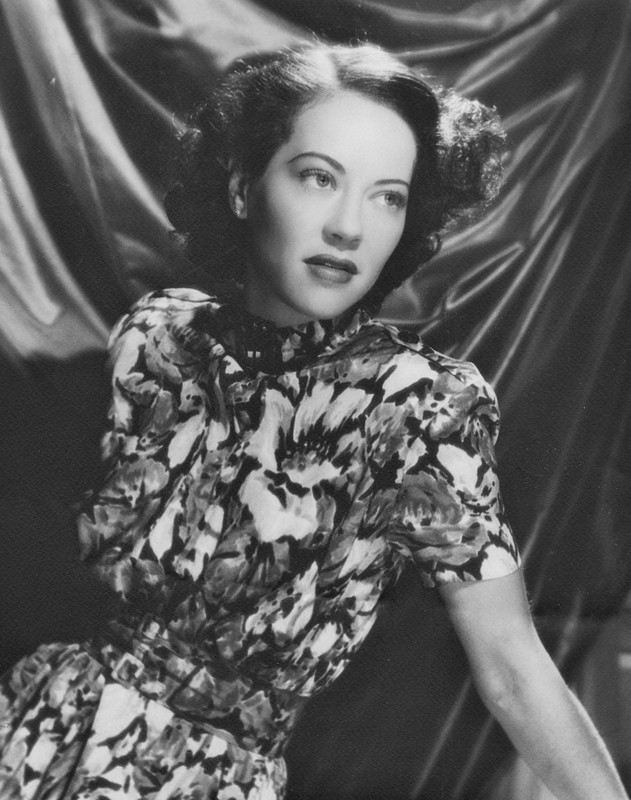1903 - 1994
By: Teri Graham | Date Added:

She was born Fredericka Carolyn Washington in Savannah, Georgia on December 23, 1903, and was one of nine children of Robert T. and Harriet Walker Ward Washington. Fredi's mother died when she was young, and she attended St. Elizabeth's Convent in Cornwell Heights, Pennsylvania with her sister Isabel. Fredi moved to Harlem in 1919 to live with her grandmother. She left school and soon entered show business. She began her career in the early 1920s as a chorus dancer in Noble Sissle and Eubie Blake's Shuffle Along. She adopted the stage name Edith Warren in 1926 when she acted in the lead role opposite Paul Robeson in Black Boy. Washington's stage career was interrupted when she became half of the dance team Fredi and Moiret, along with Al Moiret, and toured throughout Europe. Upon returning to the United States in 1928, her musical stage career continued with roles in Sweet Chariot (1930), Singin' the Blues (1931), and Run, Little Chillun (1933). Washington's film career began in 1929 with an appearance in Duke Ellington's short sound feature, Black and Tan Fantasy. Her best known role was that of Peola Johnson in Imitation of Life (1934). Washington's racially ambiguous look mirrored that of Peola’s, leading some to speculate that Washington, like her character in the film, passed for white during her life. Washington’s role in Imitation of Life elicited strong reactions from fans, many who saw the movie multiple times according to their declarations in her fan mail. Fredi was certainly not interested in passing for white. Throughout her career, she was active in efforts to end discrimination in the film and theater industries. Her political activism began in the 1930s, when she participated in boycotts and demonstrations organized by her brother-in-law, Adam Clayton Powell Jr., who had married her sister Isabel. She cofounded the Negro Actors Guild and was active in the Joint Actors Equity-Theater League Committee. Washington contributed a weekly column devoted to theater news in Powell's newspaper, The People's Voice. In a February 1944 column, Washington clearly displayed her advocacy for African American civil rights not only inside the entertainment industry but outside of it as well. When MGM was slated to do a film on the controversial book Uncle Tom’s Cabin, Washington was skeptical about whether the studio could address and portray slavery with the seriousness and sensitivity that it deserved. Washington retired from her acting career following her marriage to Lawrence Brown, a trombonist in Ellington's orchestra, in July 1933. However, her retirement lasted less than a year when she appeared with Paul Robeson in Emperor Jones later that year. Washington divorced Brown in 1948 and married Hugh Anthony Bell, a Connecticut dentist, in 1952. After her marriage to Bell, she retired permanently from show business. She died of pneumonia following a stroke in Stamford, Connecticut on June 28, 1994.
click hereShare your thoughts on this story with us. Your comments will not be made public.
Email
Copyright ©2016 - Design By Bureau Blank